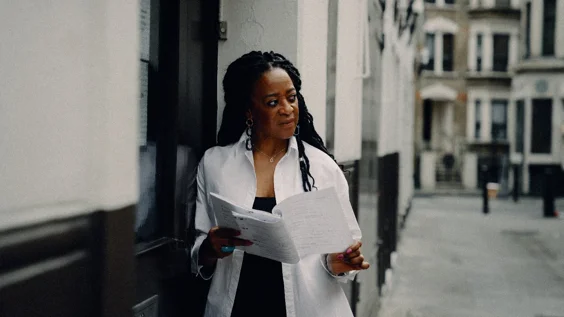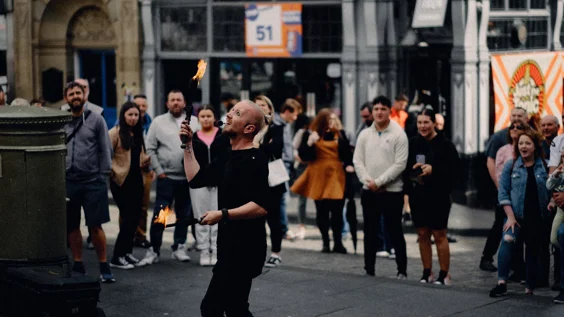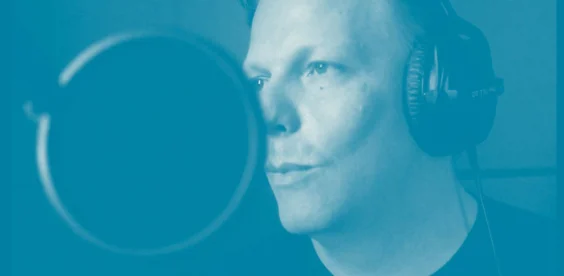Typical Working Hours for Performers
Below are the typical working hours for voiceover and performance capture. Please clarify the working hours before you agree to work on a project and query if you are required to work beyond these working hours.
Voiceover (VO):
- Normal working hours: 0900-1800
- Half day: 4 hours
- Full day: 8 hours (including 1-hour lunch)
- Overtime: Pro-rata every 15 minutes
- Breaks: 5 minutes per working hour.
Motion Capture/P-Cap:
- Normal working hours: 0900-1800 (with a 1-hour break)
- Call time: Cast usually called at 0700-0800 for suiting-up.
- Overtime: £35 per every 15 minutes past normal wrap time
- Breaks: 5 minutes per working hour.
Working hours outside normal working hours are at the discretion of the Performer and additional payment can be negotiated.
Vocal safety
It is inherently risky for performers doing voice work that simulates vocal combat or vocal extremes. Challenging vocal sounds require significant force and explosive vibration, such as barks, screaming, battle chatter, victim sounds, “ONOS”, extreme effort sounds, grunts, being stabbed, non-human, alien or monster voices. This can lead to injury and vocal stress to the vocal folds even if all precautions are taken. Please visit our sister union ACTRA Toronto for more information about best practices for voice performers.
Protecting the vocal health of a performer is a primary objective for all involved in the recording process. Directors, vocal coaches, on-set producers and actors must work together to ensure that the work undertaken is safe at any given time and that anything deemed vocally strenuous is approached with appropriate guidance.
If you are carrying out vocally strenuous work, we recommend asking for the session to be limited to two hours and for it to be scheduled at the end of the working day/working week.
Welfare
Schedules for mo-cap/p-cap shoots can be relentless and many performers are not offered adequate breaks. Changing facilities (for mocap suits) are often poor and not private. We recommend asking for breaks to be specified in the shooting schedule, if this information is not already provided.
If you have any access needs or requirements, we recommend that you flag these as early as possible to the producer or production team. Performers with dyslexia or other learning differences should ask for any tools (coloured paper, electronic tablets, etc) that can help them before the audition/session.
Risk Assessments
We are concerned that often risk assessments are not always being carried out. Performance capture artists have been asked to perform dangerous stunts without a stunt-coordinator and medic present, or without prior notice. Actors have been told by vendors that it is up to them to flag if a job is too vocally demanding or physically dangerous. Before you agree to work on a project, ask the vendor the following questions:
- Has a shoot specific risk assessment been carried out for each shooting block?
- Will a stunt coordinator be on set to oversee any strenuous physical actions, advise on safety, and decide whether the performer is competent to perform physically demanding action?
If you asked to carry out a stunt and you are not a stunt performer, ask for the session to be re- scheduled as this should only be carried out by a capable skilled performer.



